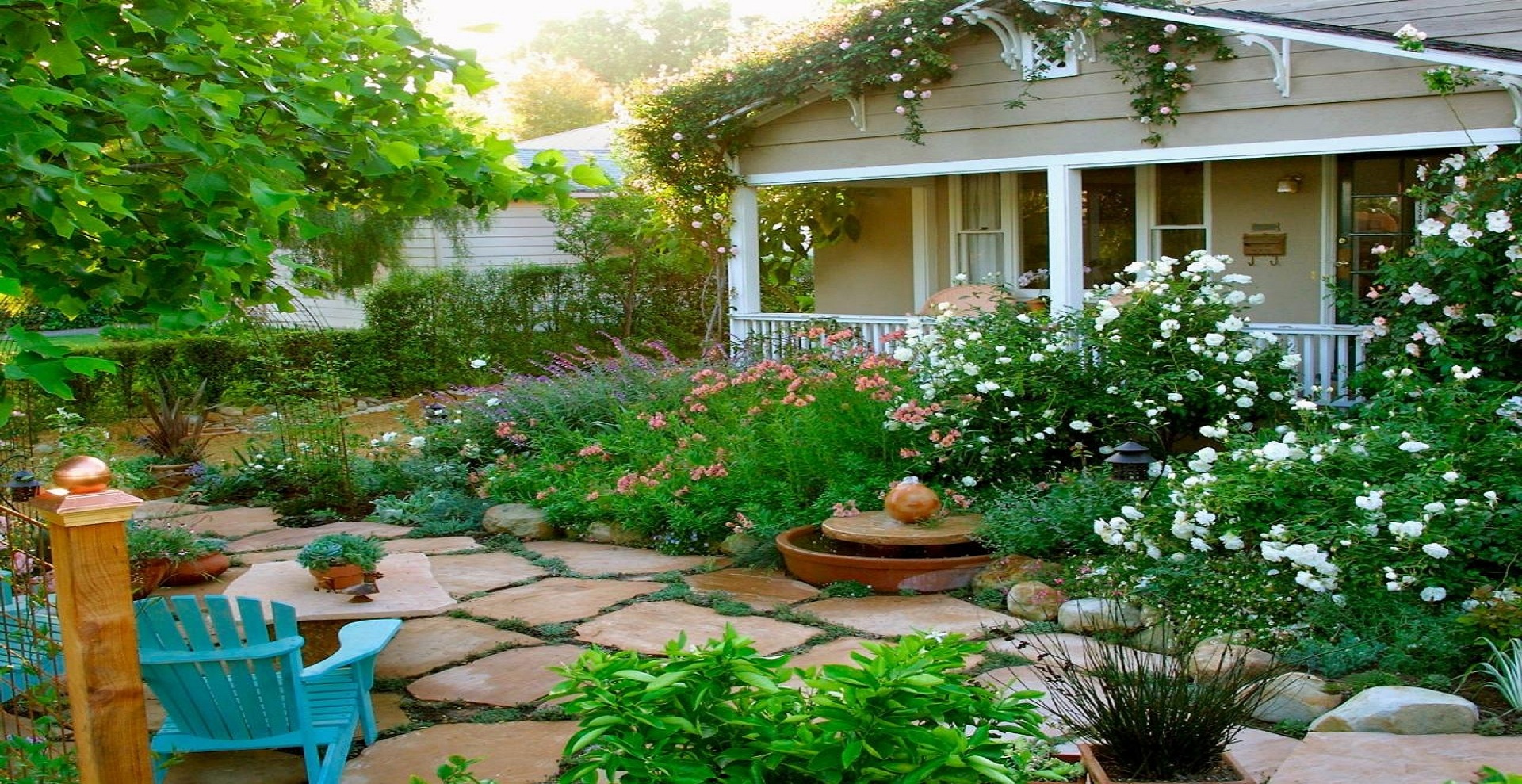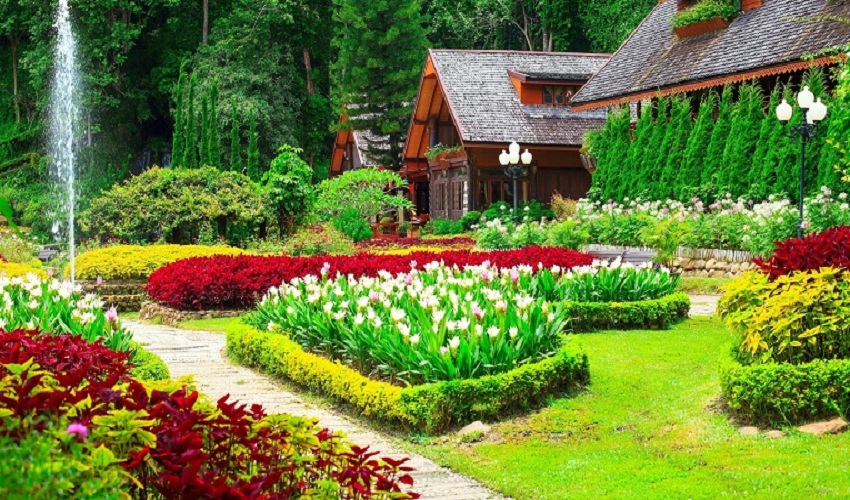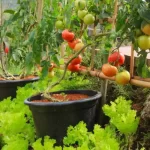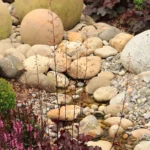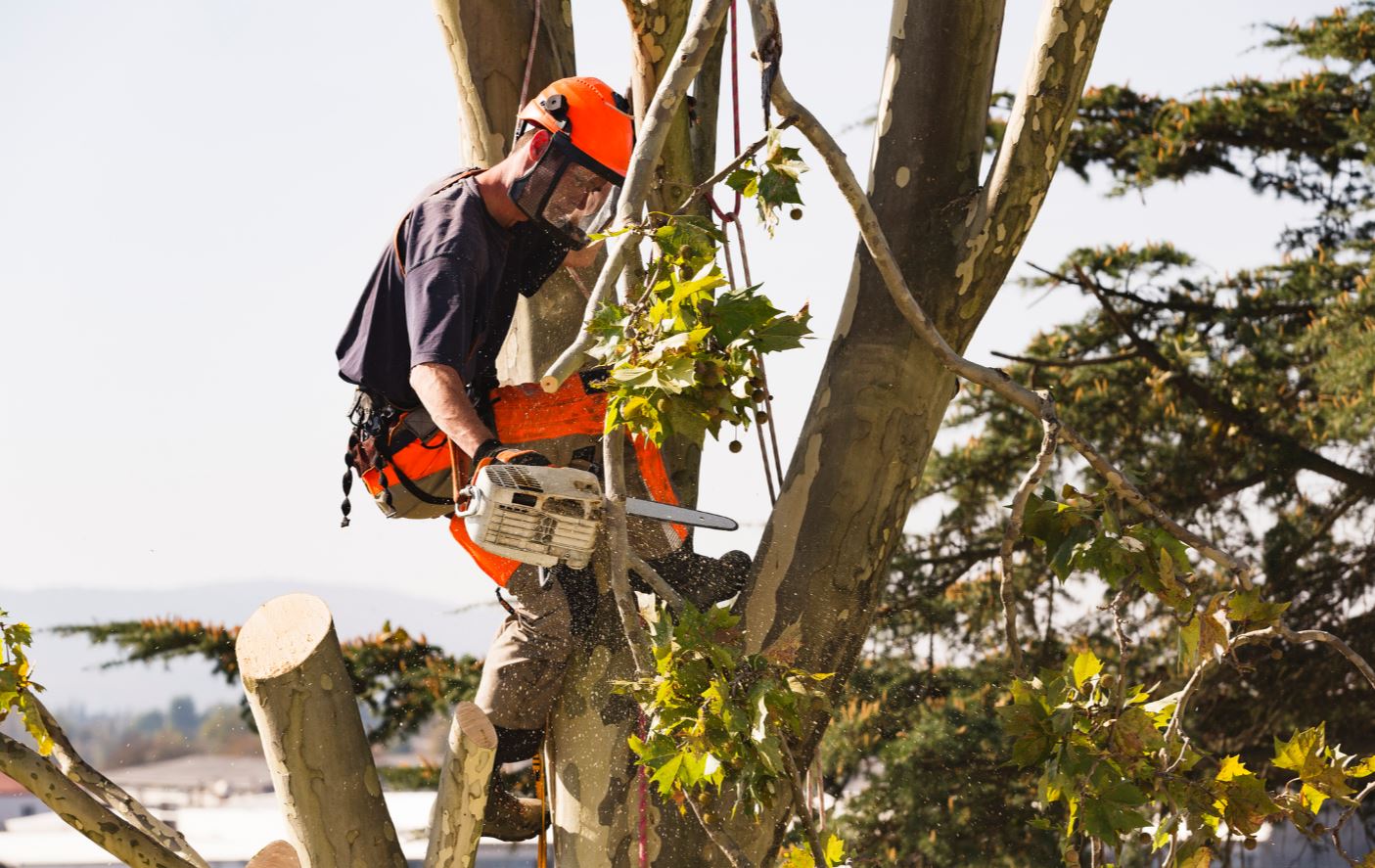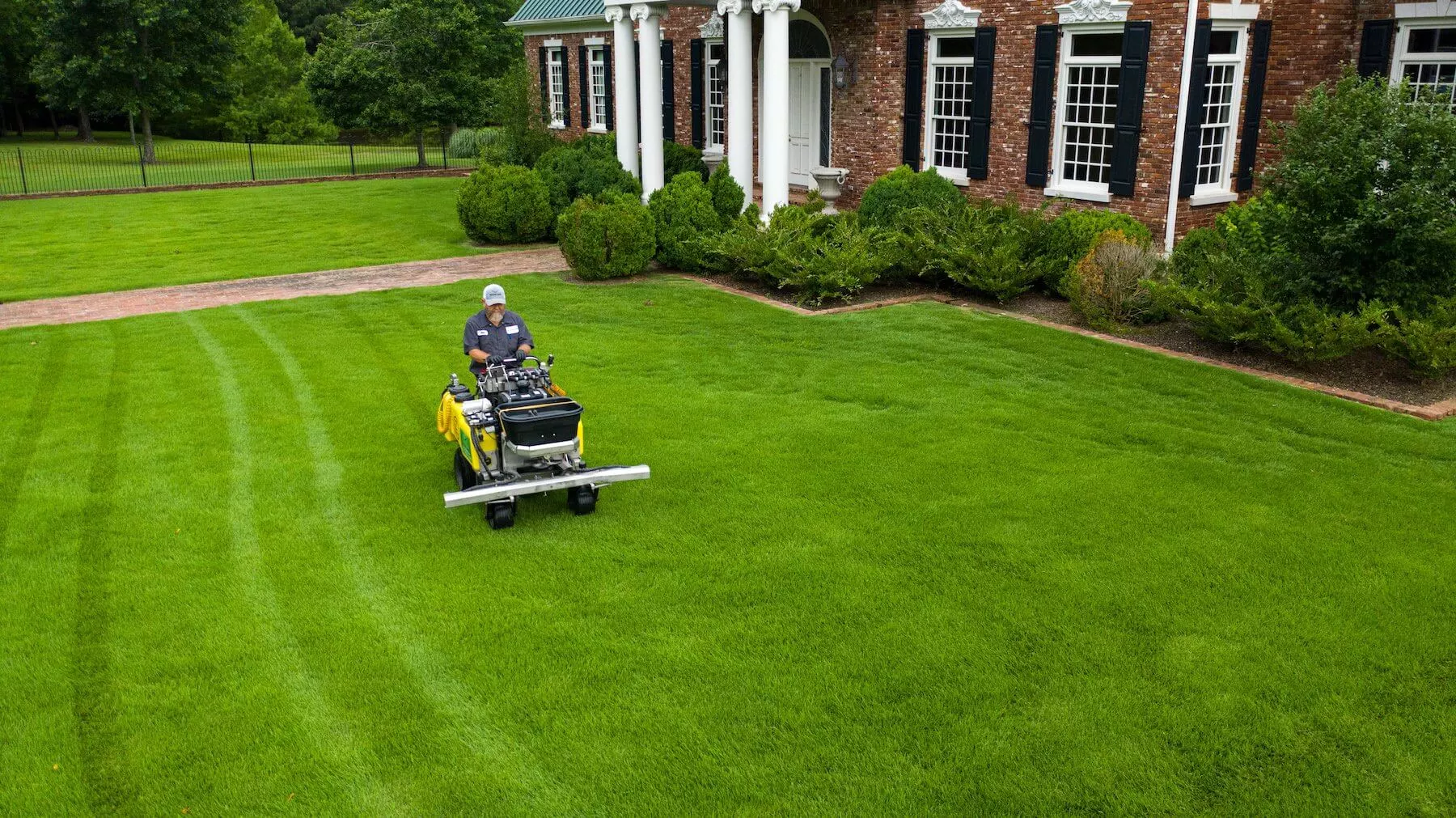
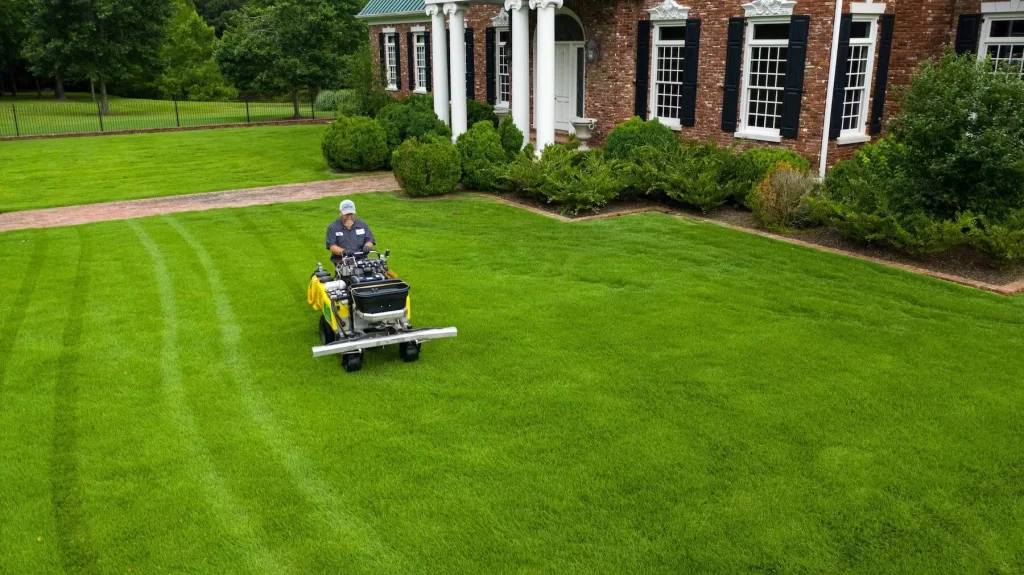
Content
A vibrant and thriving garden is a source of joy, tranquility, and natural beauty. However, achieving and sustaining such a garden requires consistent effort and care. Whether you’re a seasoned gardener or just starting out, this comprehensive guide will provide you with valuable insights and practical tips on how to maintain your garden throughout the seasons. From soil preparation to pest control, we’ll cover all the essential aspects to help you create a haven of greenery that flourishes year after year.
You may also like this: How to Install a New Light Fixture?
1. Soil Health and Preparation
The foundation of a successful garden lies in its soil. Regularly test your soil’s pH and nutrient levels to ensure optimal plant growth. Amend the soil with compost and organic matter to improve its structure and fertility. Rotate crops to prevent soil depletion and disease buildup.
2. Watering Wisely
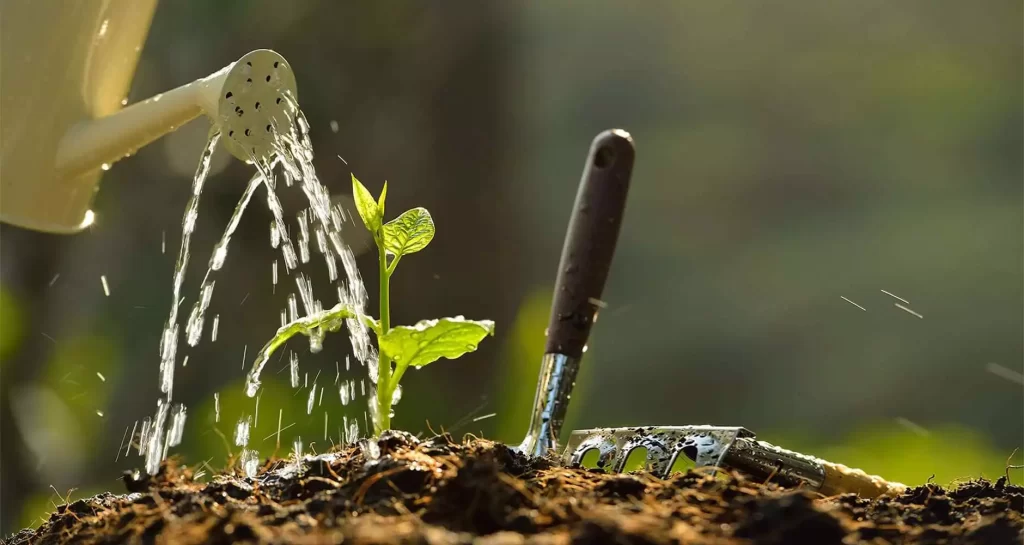
Proper watering is crucial for healthy plants. Water deeply but infrequently to encourage deep root growth. Use soaker hoses or drip irrigation to minimize water wastage. Early morning is the best time to water, reducing the risk of fungal diseases. Mulching around plants helps retain moisture and suppress weeds.
3. Pruning and Deadheading
Regular pruning keeps your garden looking tidy and encourages strong growth. Remove dead or diseased branches to prevent the spread of illness. Deadhead spent flowers to promote continuous blooming. Tailor your pruning schedule to each plant’s specific needs, promoting better airflow and sunlight penetration.
4. Fertilizing Techniques
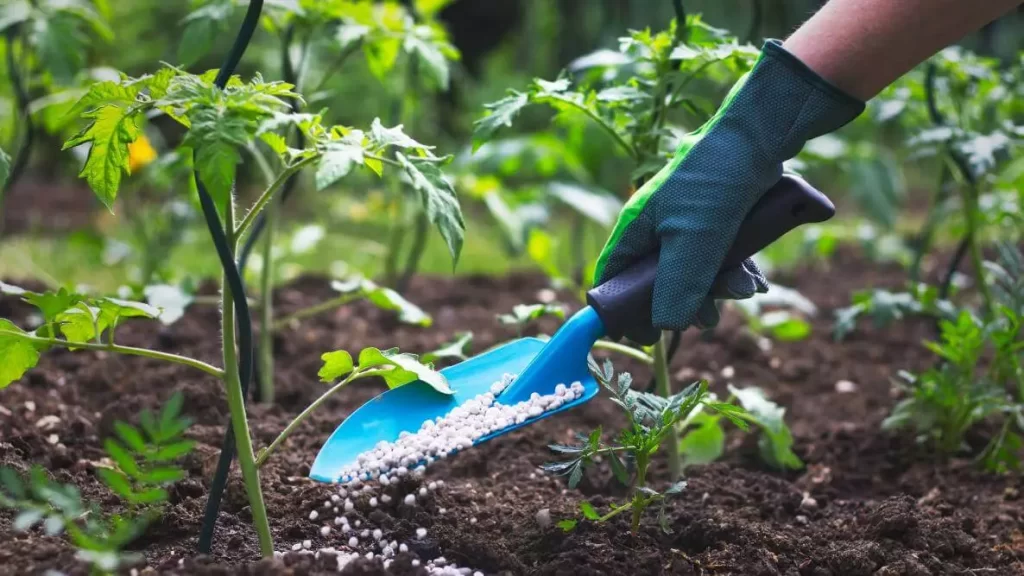
Balanced nutrition is essential for plant health. Utilize slow-release organic fertilizers to provide a steady supply of nutrients. Follow recommended application rates to avoid over-fertilization, which can harm plants. Different stages of growth require varying nutrient ratios, so adjust your feeding regimen accordingly.
5. Pest and Disease Management
Vigilance is key to preventing and managing pests and diseases. Employ integrated pest management strategies such as companion planting and introducing beneficial insects. Regularly inspect plants for signs of trouble, and promptly address any issues to prevent outbreaks.
6. Weed Control
Weeds compete with your plants for resources, so effective weed control is vital. Regularly pull weeds by hand or use mulch to smother them. Consider using a weed barrier cloth in areas prone to heavy weed growth. Avoid using chemical herbicides that can harm beneficial insects and pollinators.
7. Seasonal Care
Different seasons demand different garden care routines. In spring, focus on soil preparation and planting. Summer requires diligent watering and pest control. Fall is the time for dividing perennials and planting spring-blooming bulbs. Winter calls for protecting sensitive plants from frost and cold winds.
8. Lawn Maintenance
A lush lawn complements a well-kept garden. Mow regularly at the appropriate height for your grass type. Aerate the soil to improve water and nutrient penetration. Address bare spots by overseeding. Apply a balanced lawn fertilizer and control weeds with proper techniques.
Recommended for you: How to Embark on Your Journey to Start a Vegetable Garden
Conclusion
Maintaining a flourishing garden is a labor of love, but the rewards are immeasurable. By focusing on soil health, watering practices, pruning techniques, fertilization, pest management, weed control, and seasonal care, you can create a garden that dazzles with color and vitality year-round. Remember, every garden is unique, so observe, adapt, and enjoy the journey of nurturing your outdoor sanctuary.
FAQs
How often should I water my garden during the summer?
Water deeply 2-3 times a week, allowing the soil to dry slightly between waterings. Adjust the frequency based on rainfall and plant needs.
What can I do to prevent common garden pests?
Encourage natural predators like ladybugs and lacewings. Use row covers and physical barriers. Rotate crops and practice good garden hygiene to deter pests.

Elena Mohr is a dedicated home blogger who has been blogging for over six years. She covers everything home related. Elena also loves writing posts about her travels to Europe with her husband and two children.

